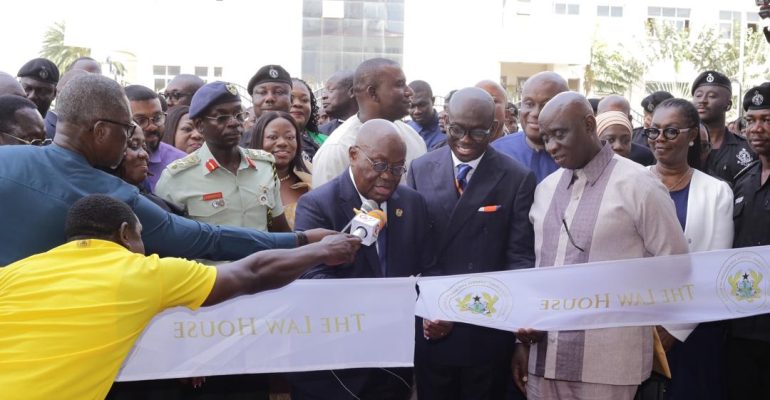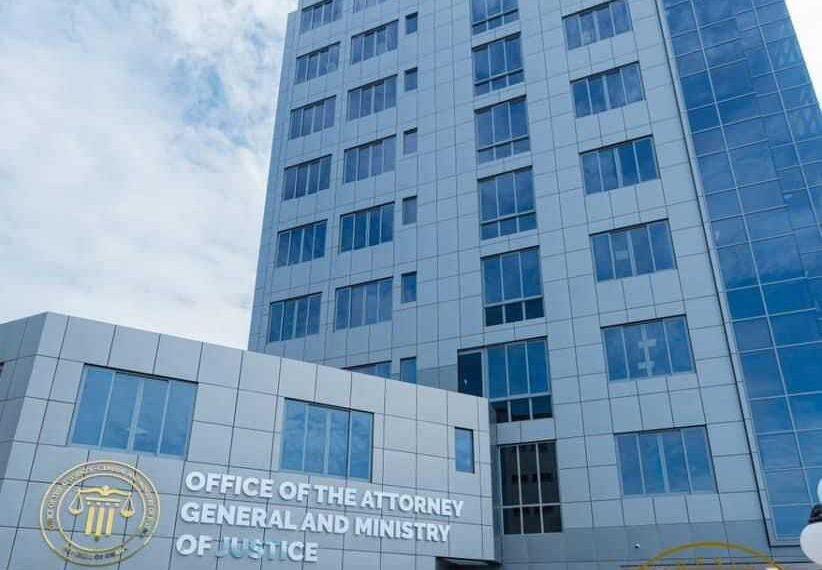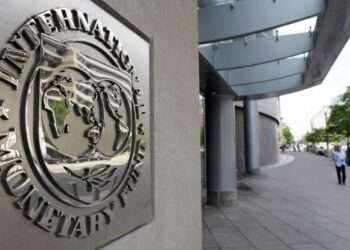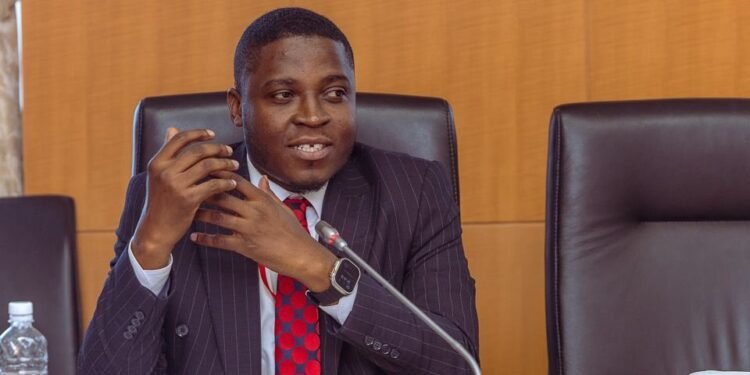Bright Simons, the Honorary Vice President of the IMANI Centre for Policy and Education, has sharply criticized the persistent lack of transparency surrounding the protracted and controversial Law House project — the new headquarters for Ghana’s Ministry of Justice.
In a detailed critique, Bright Simons questioned the opaque processes and decisions that have dogged the project, particularly the unexplained contractor switch, suspected procurement irregularities, and sudden funding improvements following the change.
Bright Simons’ questions, though succinct, cut to the heart of what appears to be a troubling episode of institutional opacity and potential misuse of power.
“What exactly were the so-called ‘arm-twisting’ tactics used to remove Energo Projeckt from the Law House (HQ of the Ministry of Justice) project after they had struggled to reach nearly 50% completion in ~17 years due to the slow disbursement of funding?”
Bright Simons, Honorary Vice President of the IMANI Centre for Policy and Education
These questions speak directly to the quality of governance, the rule of law, and the depth of Ghana’s public procurement accountability mechanisms.
The Law House project, first initiated nearly two decades ago, had languished under Energo Projekt due to slow disbursement of funds and what many described as lackluster state commitment.

Despite that, the company managed to complete nearly 50% of the work before being abruptly removed under circumstances that remain shrouded in secrecy.
According to Bright Simons, this abrupt change and the processes that accompanied it have never been clearly explained to the public, even though they concern a vital government infrastructure financed by taxpayers.
“Why won’t the authorities be straightforward?” Bright Simons asked, raising concerns about whether either the former Attorney General or the owner of Mustek Engineering is under formal investigation for their roles in what appears to be a well-orchestrated contractor transition.
Once viewed as a testament to the state’s determination to institutionalize the administration of justice, the Law House project has instead turned into a case study of bureaucratic ‘opacity and inertia’.
The initial delay, which lasted 17 years and involved a national project, was mostly attributed to inconsistent funding.
However, the story takes an odd turn when the government machinery that had been having trouble releasing funds suddenly found its rhythm after Energo Projekt was overthrown and replaced by Mustek Engineering.

Suspicious Funding Acceleration
According to Bright Simons, funding “accelerated” shortly after the contractor switch, which is not a coincidence and cannot be explained without specifics..
Even more disconcerting is the role of the Public Procurement Authority, which is supposed to ensure fairness, transparency, and value for money in the use of public funds.
Bright Simons queried the process through which the PPA reviewed the “sourcing method” for Mustek Engineering.
Bright Simons was also upset about the former Attorney General’s silence, as he likely oversaw a significant portion of the transition.
He questioned, “Does the former Attorney General want to lay out all the bare facts?” implying that the only way to rebuild trust in the procedures that resulted in the current situation is through a complete public disclosure.

In the absence of such transparency, Bright Simon’s argument reinforces the growing belief that powerful individuals in Ghana’s business and political landscape frequently influence public procedures for their own benefit, often at the expense of the country’s interests.
The IMANI’s Honorary Vice President lamented that “public interest accountability work is too hard in Ghana.”
He emphasised the frustrations that many members of civil society, anti-corruption activists, and regular Ghanaians have with an establishment that all too frequently hides behind political silence and bureaucratic obfuscation.
His involvement gives the national dialogue on political accountability, public office ethics, and procurement integrity a strong voice.
To him, Ghana cannot afford to normalize opacity, particularly when it comes to state contracts.
READ ALSO: Ghana Set to Transform Exports with Accelerated Export Council



















